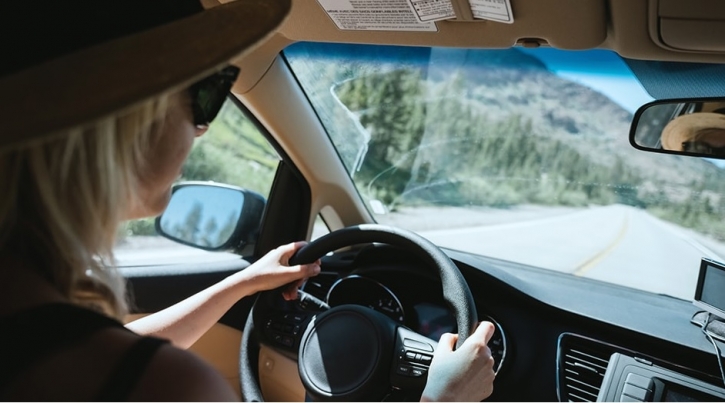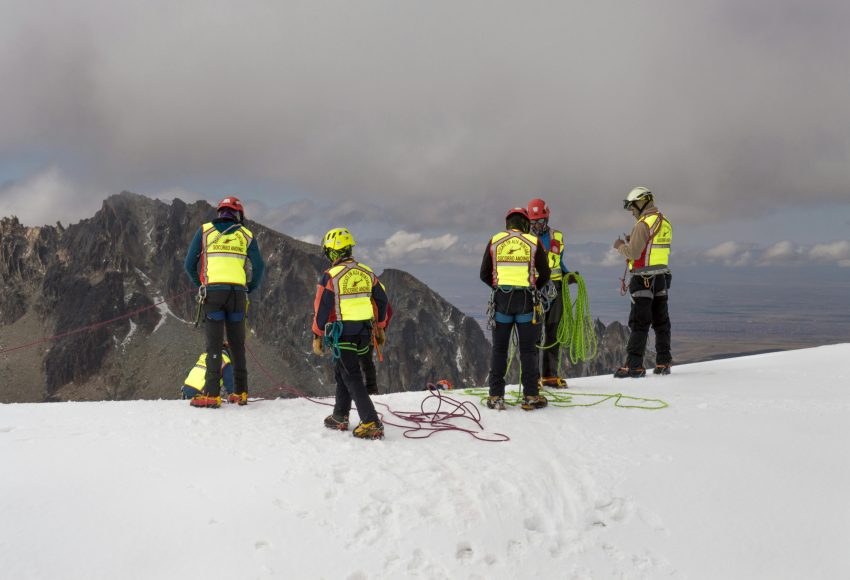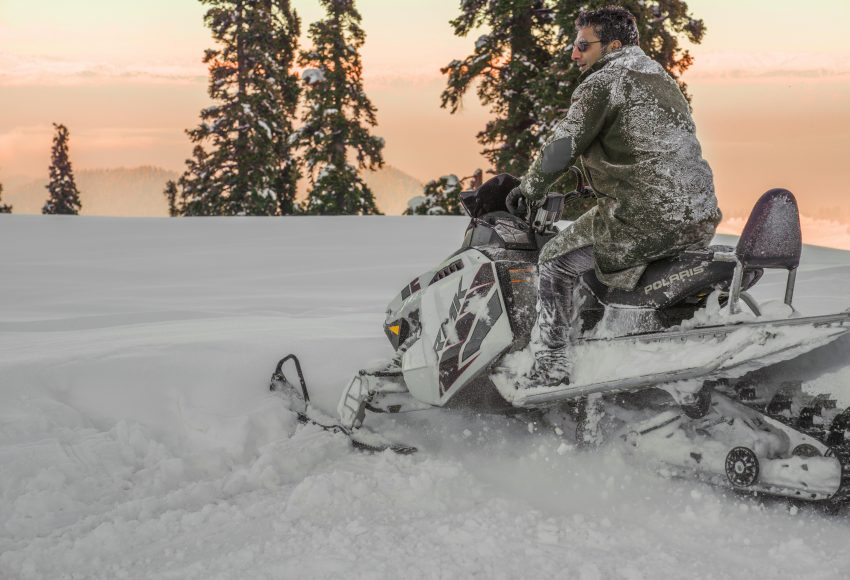If you’re planning any road trips to wrap up the summer, Ontario’s diverse landscapes offer everything from lively cities to peaceful countryside views, making it a perfect destination. But before you hit the road, it’s important to keep safety in mind to ensure your trip is as enjoyable as it can be. In this blog, we’ll go over some key road trip safety tips to help you stay safe and make the most of your Ontario road trip.
1. Plan Ahead
Ontario’s weather can be unpredictable. Before you hit the road, take a moment to check the weather, road conditions, and traffic updates. Give yourself plenty of time to reach your destination safely—there’s no need to rush.
Remember that Canada is the second-largest country in the world, and in some of the more remote areas, gas stations can be few and far between. Make sure you fill up your gas tank before setting off on a long drive, especially in those less populated areas. Even if you’re relying on GPS, it’s a good idea to look over the directions and maps beforehand and map out what gas station(s) you’ll stop at. Also, it’s a good idea to have an alternate route planned. It can save time and stress if conditions change.
Finally, make sure to share your route and expected arrival time with someone so they know your plans.
2. Vehicle Maintenance
Before you leave, you’ll want to make sure your vehicle is in top condition. If it’s been a while since your car’s last check-up, investing in a tune-up before your road trip could save you from dealing with a costly repair while you’re on vacation. No one wants their air conditioning to break down in the middle of a late-summer road trip. It’s best to get this done at least two weeks before you hit the road, so if your mechanic finds any big issues, you’ll have plenty of time to get them fixed.
However, if you’d like to check your car out yourself, here’s what you’ll need to do:
Tires
Tires naturally lose air over time, even without a puncture, and underinflation is actually the leading cause of tire failure. So, before you head out, make sure each tire is inflated to the pressure recommended by your vehicle’s manufacturer. You can find this information in your owner’s manual or on a placard located on the driver’s door pillar or door frame. And don’t forget to check the spare tire if your car has one!
You’ll want to check your tire pressure while the tires are cold to get the most accurate reading—meaning they haven’t been driven on for at least three hours. Remember, the number on the tire itself is the maximum pressure it can hold, not the recommended pressure for your vehicle. Only inflate it to the pressure recommended by your vehicle’s manufacturer.
Fluid Levels
If you’re driving a conventional or hybrid vehicle, it’s a good idea to check your oil level regularly. While you’re at it, check the fluid levels brakes, coolant/antifreeze, radiator coolant, power steering (if it’s hydraulic), windshield washer, and transmission fluid. Make sure each reservoir is topped up, and if you notice any leaks, get your car serviced.
Lights
Take a moment to walk around your car and check all the lights. Make sure your headlights, brake lights, emergency flashers, turn signals, and interior lights are all working properly. If you’re planning to use a trailer, don’t forget to check its brake lights and turn signals, too. If you find any bulbs that are burnt out, go ahead and replace them before you hit the road.
Wiper Blades
Winter storms and spring rains can really wear down your windshield wiper blades, and the summer heat doesn’t do them any favours, either. Take a close look at your wiper blades for any signs of wear on both sides. Sometimes, they can get deformed and won’t work well in both directions. If they’re not in great shape, it’s worth replacing them before you head out on your trip.
3. Rest and Hydrate
Long drives can be exhausting. Luckily, Ontario has numerous rest stops and scenic areas where you can rest, stretch, and hydrate.
If you’ve ever been dehydrated, you know it’s no fun. It can leave you feeling exhausted and irritable and can even cause headaches, dizziness, and nausea. In extreme cases, dehydration can be life-threatening. That’s why it’s crucial to stay hydrated while travelling, especially in a hot summer climate. Make sure you bring lots of water with you.
Also, did you know that driver fatigue is one of the leading causes of accidents in Canada? To avoid drowsy driving, consider pulling over and resting at a motel for the night. Remember, it’s better to arrive late than not at all.
4. Be Prepared for Emergencies
Cell phone coverage can be spotty in remote areas. This is why it’s important to let someone know of your travel plans and expected arrival and departure times. Keep a fully charged phone and a portable charger handy. You should also bring an emergency kit with you just in case you get stuck somewhere.
What to put in your emergency road kit
When assembling your emergency kit, be sure to include the following:
- First aid kit
- Flashlight and spare batteries
- Emergency blankets
- Safety vest
- Road flares, traffic cones, and a white flag
- Jumper cables
- Jack for changing a tire
- Tire pressure gauge
- Physical maps (in case your GPS stops working)
- Water
- Nonperishable food
- A backup cell phone and charger
5. Review Your Car Insurance
Before hitting the road, review your car insurance policy to ensure it covers all potential scenarios, including accidents, towing, and roadside assistance. It’s important to know what your policy includes before you hit the road.
It’s also a good idea to double-check the renewal date and make sure payments are being processed as expected. The last thing you want is to be involved in an accident while away from home, only to discover your coverage has expired. Also, you should know how to contact your insurance company in case of an emergency. Save their claims phone number in your phone’s contact list, just in case you need it while on your trip.
If you have any questions about your car insurance or are looking to renew, contact an Oracle RMS insurance broker today. We can help you find the right insurance by working with top local insurance companies to get you the best car insurance quotes for your needs.





